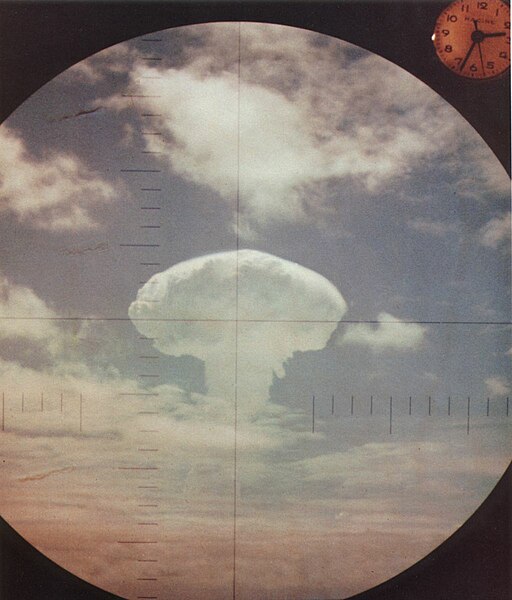In political science, rollback is the strategy of forcing a change in the major policies of a state, usually by replacing its ruling regime. It contrasts with containment, which means preventing the expansion of that state; and with détente, which means developing a working relationship with that state. Most of the discussions of rollback in the scholarly literature deal with United States foreign policy toward communist countries during the Cold War. The rollback strategy was tried and was not successful in Korea in 1950 and in Cuba in 1961, but it was successful in Grenada in 1983. The United States discussed the use of rollback during the East German uprising of 1953 and the Hungarian Revolution of 1956, which were ultimately crushed by the Soviet Army, but decided against it to avoid the risk of a major war.
American troops detain members of the Grenadian PRA in 1983.
Containment was a geopolitical strategic foreign policy pursued by the United States during the Cold War to prevent the spread of communism after the end of World War II. The name was loosely related to the term cordon sanitaire, which was containment of the Soviet Union in the interwar period.
United States Information Service propaganda poster distributed in Asia depicting Juan dela Cruz ready to defend the Philippines from the threat of communism
A 1962 nuclear explosion as seen through the periscope of a US Navy submarine. The goal of containment was to 'contain' communism without a nuclear war.



